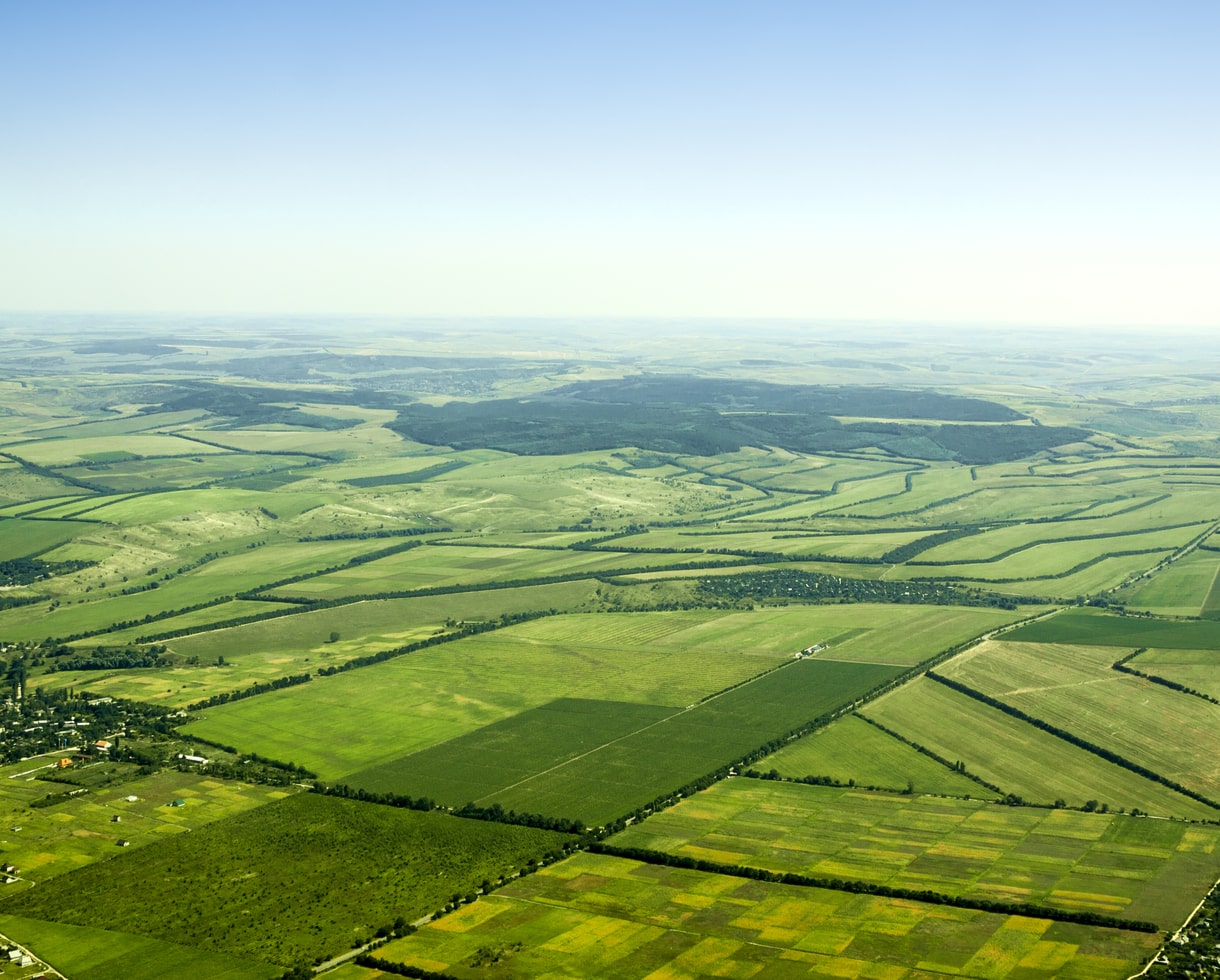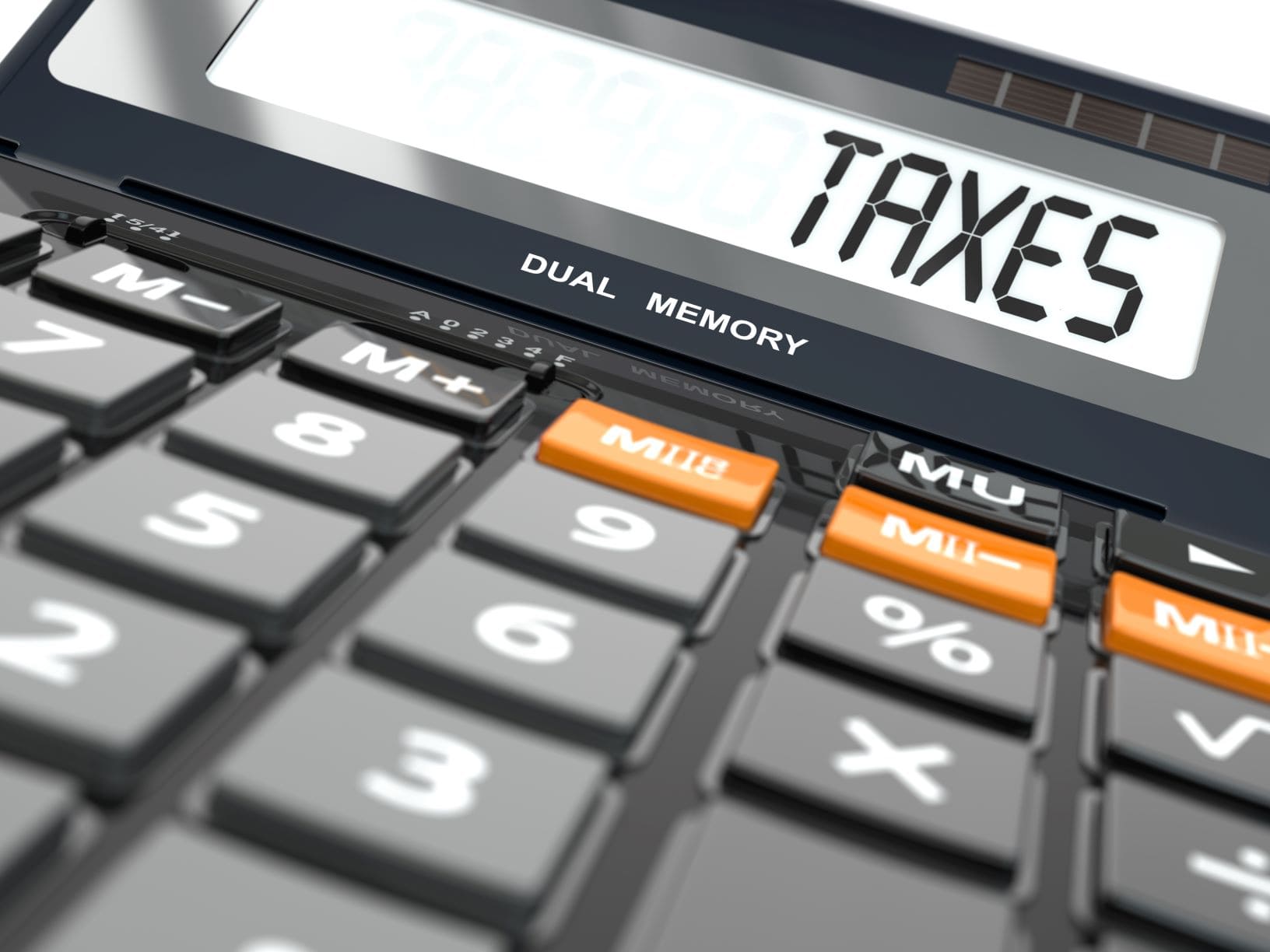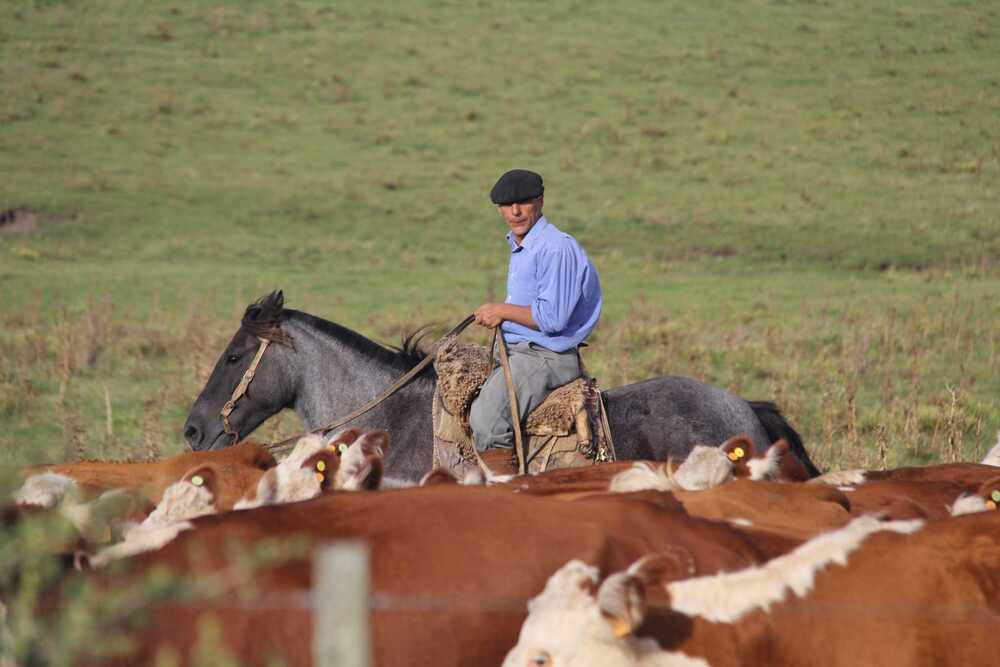Currency for real estate transactions
Uruguay has a legal regime that provides for the free entry and exit of foreign currency and also permits it to be freely converted into the local currency. All real estate transactions are carried out in US dollars.
So why are Europeans buying farmland in Uruguay?
- an excellent asset diversification
- better than gold
- every day there is less farmland, not more
- protect your capital
- increasing yields through higher product prices
- long term price appreciation
- space, safety, freedom, off the (military) radar of big powers
- extremely advantageous taxation
- an astonishingly modern public registry guarantees a proper registration of all properties.
- my life changed the day I signed for the first farmland purchase: I suddenly felt that, no matter what happened, I had a place where to go and make my living on. This is much more than an investment. It sets you free. Literally.
We will be happy to discuss why we recommend investors to choose Uruguay, and specifically the attraction of farmland.
More about Uruguay
Uruguay, also called “the Switzerland of Latin America” has been an open secret for Latin American investors for decades. Just recently interest from Europe has multiplied.
Uruguay is a discreet little country, which rarely makes it to the news. It is often confused with Paraguay which is a different story. The legal system works, courts work and corruption is at OECD standard levels. It’s a country one can rely on.
The commodity boom of the early 2000s changed Uruguay. Today Uruguay is the fifth biggest exporter of beef, the fourth exporter of rice, and the sixth exporter of soybeans in the world. When a third pulp mill opens next year, Uruguay will become the second exporter of short fiber for pulp for paper in the world after Brazil.
Managing assets is our vocation and we recognized that land is as good as gold, with the difference that you can actually make a living on it and combine a solid investment with pleasure and an interesting tax treatment.
Energy
We have just experienced how important energy is. Uruguay relies on two water dams on the Rio Negro River, a thermal central in Montevideo; for a few years various wind energy projects have been successfully developed and the country brags an overproduction that is exported to Brazil. The distribution network is not perfect, there are regular mini power interruptions for a few seconds.
What kind of yields are investors seeing? I will be honest: I live on a (for the standards small) 250 hectares farm and I am generally breaking even i.e., the production pays all costs and my living. The past two years have generated very interesting yields.
Larger farms can be very profitable; that depends on the kind of soil which allows different kinds of crops.
We live on our farm, and the pleasure and living values, the fantastic days we spend on the farm and the stress-less life, eating house-grown veggies are our biggest compensation. Besides, Land prices have been rising constantly, tenfold during the past 20 years. Remember: farmland cannot be multiplied or created, to the contrary: every day there is less of it, due to asphalt, erosion, or over-exploitation. The most standard crops are soybeans, wheat, and corn; next is cattle and the third is timberland which supplies pulp from eucalyptus trees for the production of paper.










